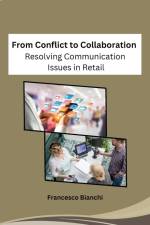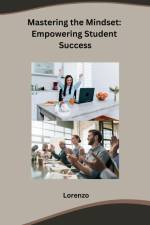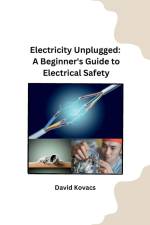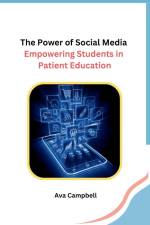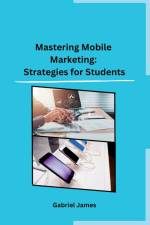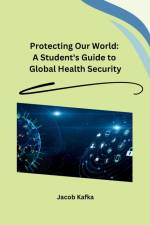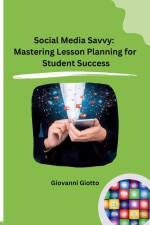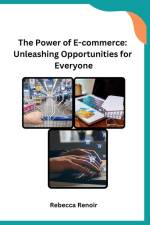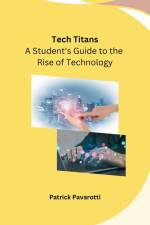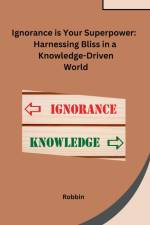von Pablo Picasso
31,00 €
Hate has always been a destructive force, tearing apart communities, families, and even nations. It is a feeling that stems from ignorance, fear, and a lack of understanding. In our book, "From Hate to Love: Transforming Hearts, Changing Lives," we delve deep into the impact of hate and how love can triumph over it. This subchapter, "Understanding the Impact of Hate," aims to shed light on the destructive consequences hate can have on individuals and society as a whole.Hate not only affects the person harboring it but also the people around them. It permeates every aspect of their lives, poisoning relationships, and robbing them of happiness. When we hate, we become blind to the humanity of others, focusing solely on our own prejudices and biases. This leads to a breakdown in communication, empathy, and understanding, creating a vicious cycle of animosity and conflict.Communities plagued by hate suffer from division, violence, and discrimination. Prejudices based on race, religion, gender, and other factors create an environment of hostility and inequality. Hate fuels a cycle of vengeance, perpetuating a never-ending cycle of violence and suffering. It is only through love and understanding that we can break this cycle and build a more compassionate and inclusive society.The impact of hate goes beyond individual and community levels; it affects nations as well. History has shown us the catastrophic consequences of hate-driven ideologies, leading to wars, genocide, and widespread destruction. Hate can tear apart the fabric of a nation, pitting its citizens against each other and undermining the fundamental principles of democracy and equality.However, this subchapter also highlights the power of love to counteract hate. Love holds the key to healing wounds, bridging divides, and transforming lives. By fostering empathy, compassion, and understanding, we can create a world where hate has no place.To truly understand the impact of hate, we must confront it head-on. By examining the root causes, educating ourselves, and challenging our own biases, we can break free from its grip. Love is more powerful than hate, and by embracing this truth, we can transform hearts and change lives




